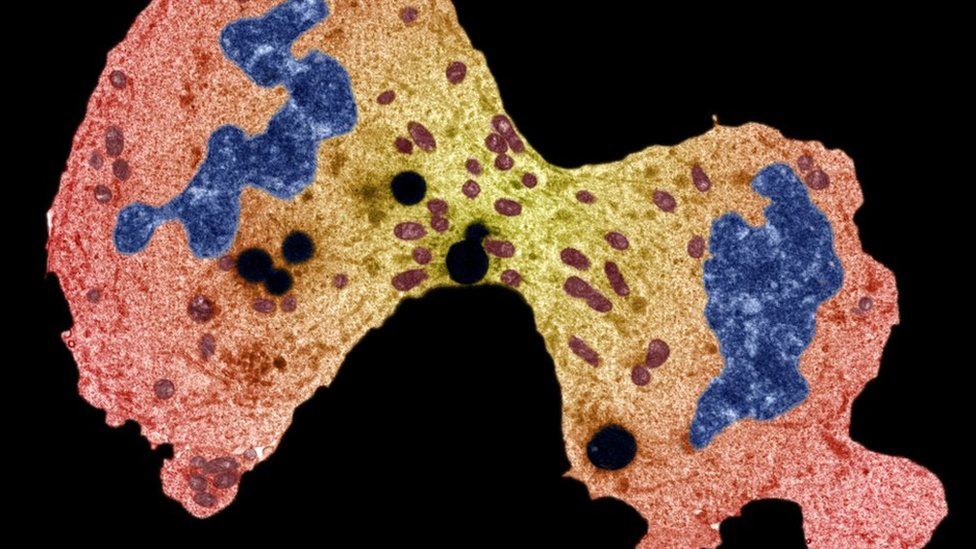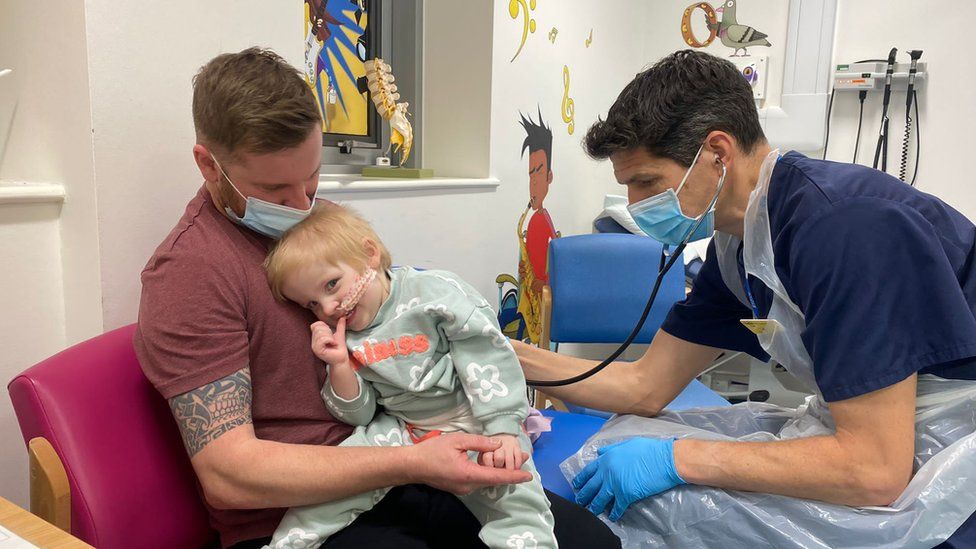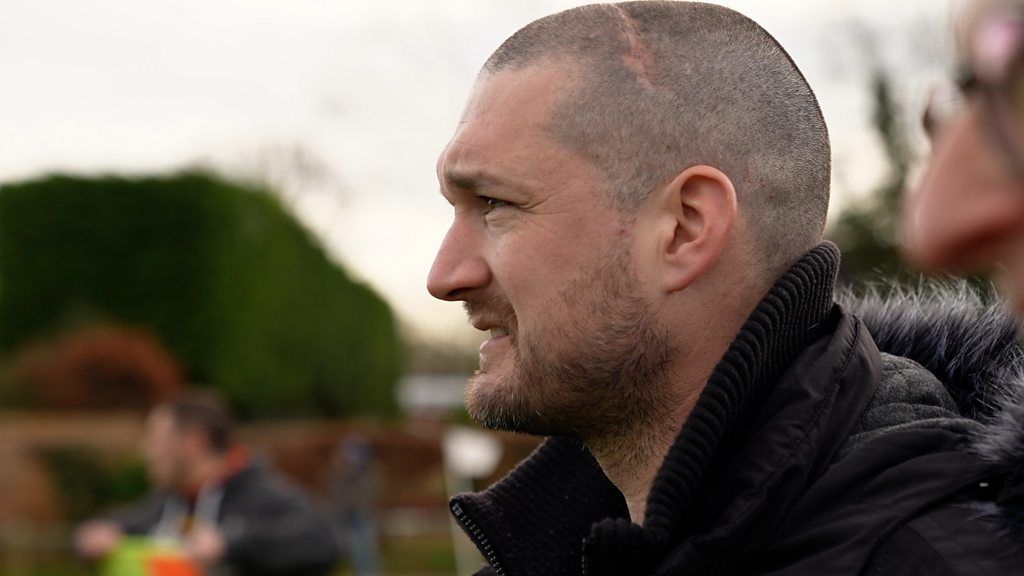An “archaeological dig” of thousands of tumours in the UK has unearthed new patterns in cancer’s DNA.

Image source, Science Photo Library/Getty Images
UK scientists have undertaken a huge “archaeological dig” of cancer in the UK, analysing the complete genetic make-up – or whole genome sequence – of tumours from about 12,000 patients.
The team says the unprecedented amount of data allowed them to uncover new patterns in the DNA of cancer – hinting at causes that are not yet understood.
They add that the genetic clues will ultimately help improve diagnosis and treatment.
The research is published in Science.
Cancer can be thought of as a corrupted version of our own healthy cells – mutations to our DNA change our cells until eventually they grow and divide uncontrollably.
Traditionally many cancers have been categorised by doctors based on where they are in the body and the type of cells involved – but whole genome sequencing can provide another layer of key information.
‘Dinosaur footprints’
Whole genome sequencing is relatively new, but is already available on the NHS for a small number of specific cancers, including some blood cancers.
The NHS long-term plan aims to make it more widely available, through the NHS Genomic Medicine Service.
Lead researcher Prof Serena Nik-Zainal, a consultant at Cambridge University Hospitals, told the BBC the study was like an “archaeological dig” of people’s cancer.
She added: “We can see the patterns or imprints in the field of their cancers – like dinosaur footprints – of what is going wrong with their cancers.
“And everyone’s cancer is different. To know we can personalise each person’s cancer report means we are a step closer to personalising treatment for them.”
Led by the University of Cambridge, the research team analysed anonymised DNA data provided by the 100,000 Genomes Project – an England-wide project to sequence the whole genomes of patients affected by cancer and rare diseases.
With thousands of genetic changes seen in each tumour they analysed, researchers were able to detect specific combinations of genetic alterations – so-called “mutational signatures” – that may be key to cancers developing.
Comparing the data to other international genetic cancer projects, they confirmed patterns that are already known, and uncovered 58 new ones.
This video can not be played
To play this video you need to enable JavaScript in your browser.
Some signatures can provide clues about whether patients have had exposure to environmental causes of cancers – such as smoking.
Others provide more information about genetic abnormalities that may be amenable to specific drugs, researchers say.
Researchers also created a computer programme to help scientists and doctors check whether patients who have had whole genome sequencing have any of the newly discovered mutational clues.

Image source, CUH
‘Challenging journey’
Aubrey, a two-year-old girl from Bedfordshire, was diagnosed with cancer when she was only 16 months old.
She did not take part in the study. But whole genome sequencing helped doctors identify the type of cancer she has – a rhabdomyosarcoma – a rare cancer that generally affects muscles attached to bones. The results helped make sure she is on the best treatment.
Anna, Aubrey’s mother, said: “Because of the unusual way Aubrey’s cancer presented, the doctors were not sure of the exact cancer type.
“The whole genome sequence test helped doctors to know how to treat her and keep her stable.
“Whilst we still have a challenging journey with Aubrey’s diagnosis and treatment, we are relieved to know she does not have cancer that was inherited, and we do not have to worry that it could affect our son or other members of the family as well.”

What is your genome?
- Your genome is the information needed to build the human body and keep it healthy
- It is written in chemical code called DNA
- The genome is made of segments of DNA called genes and other genetic material
- Most cancers are caused by cells with unusual changes in their genome
Source: NHS England

Prof Matt Brown, chief scientific officer of Genomics England, said: “Mutational signatures are an example of using the full potential of whole genome sequencing.
“We hope to use the mutational clues seen in this study and apply them back into our patient population, with the ultimate aim of improving diagnosis and management of cancer patients.”
The research is supported by Cancer Research UK.
- 5 December 2018
- 11 November 2021

